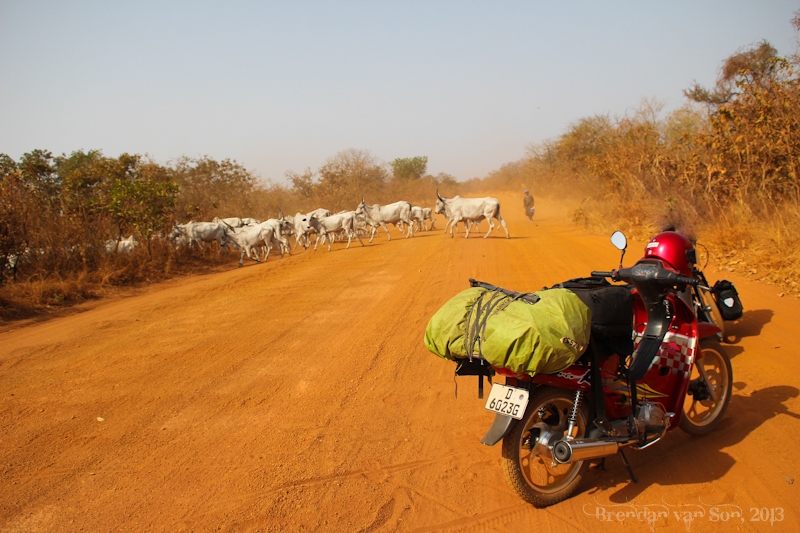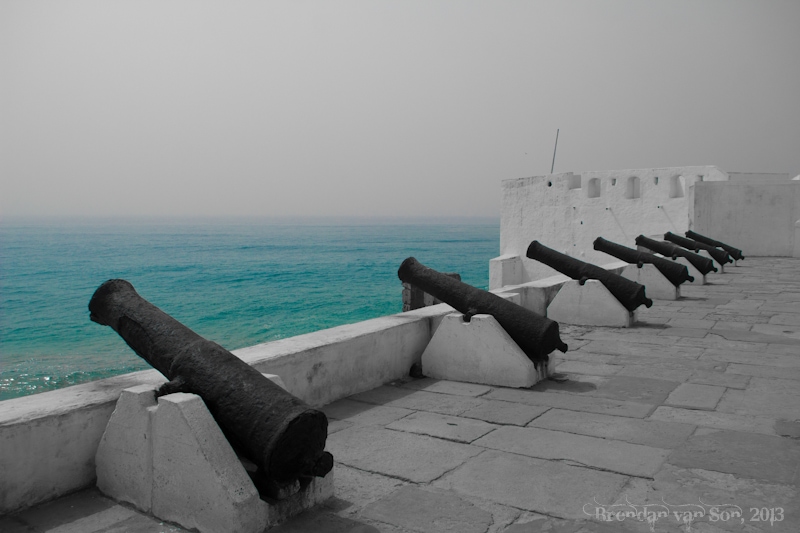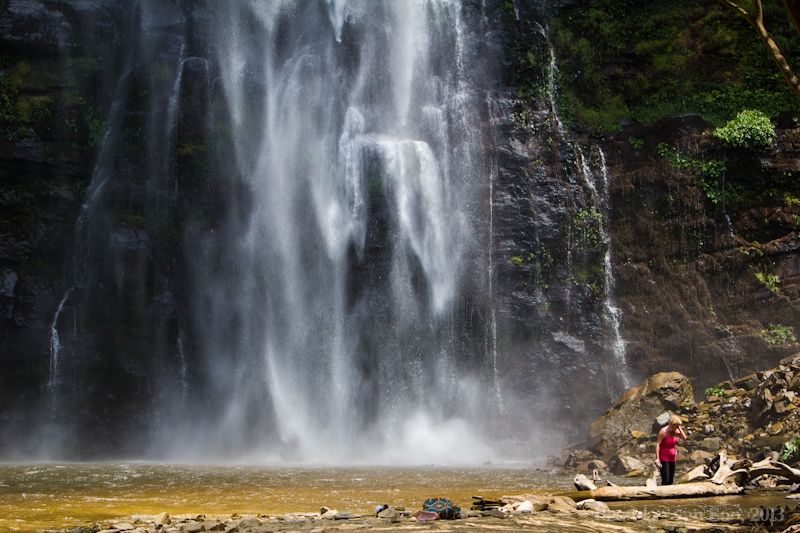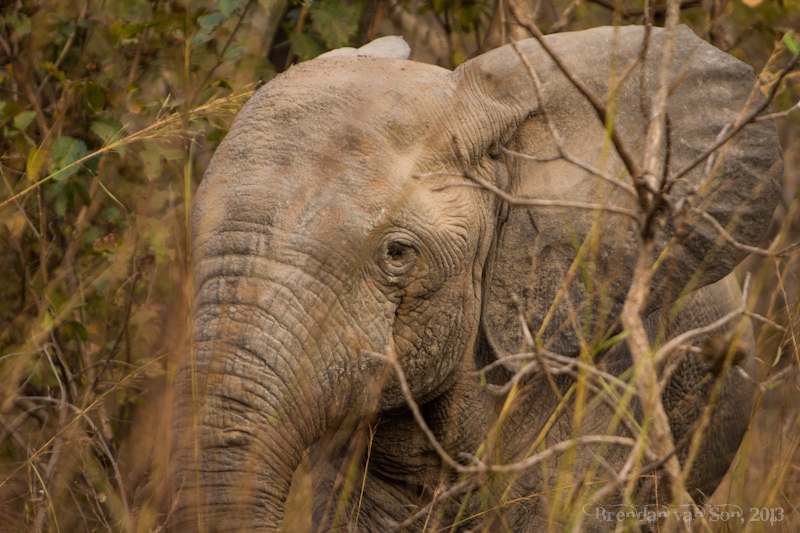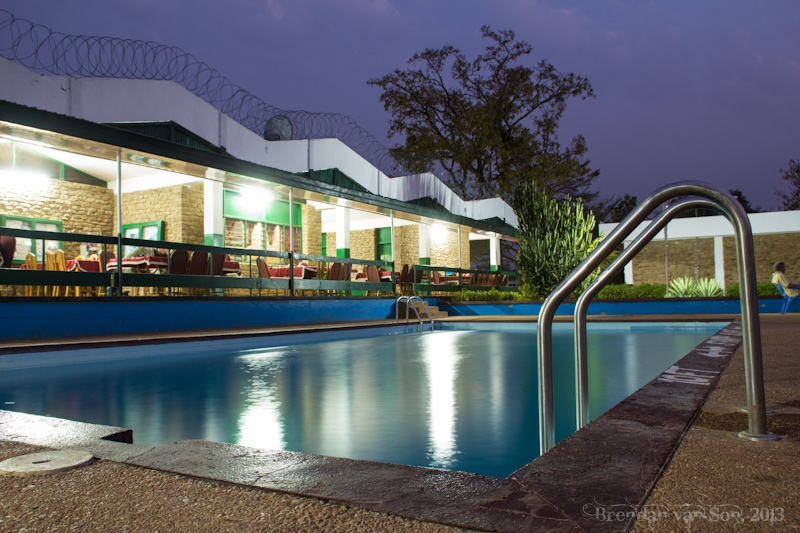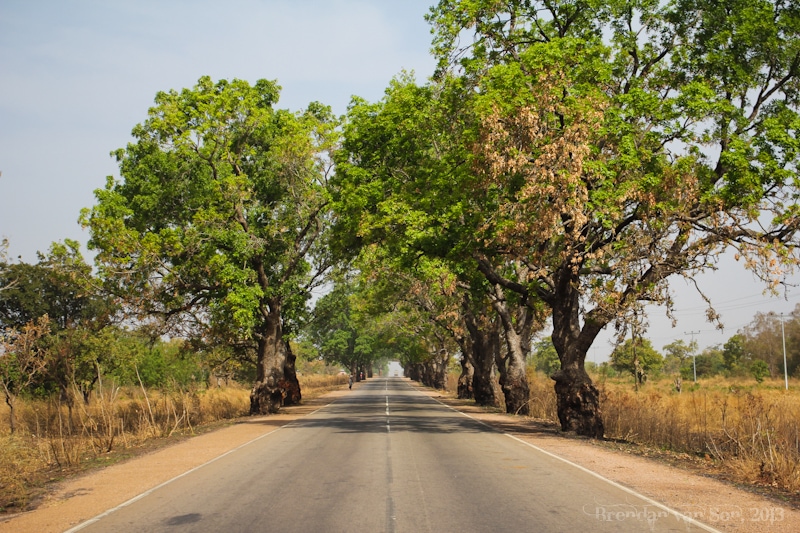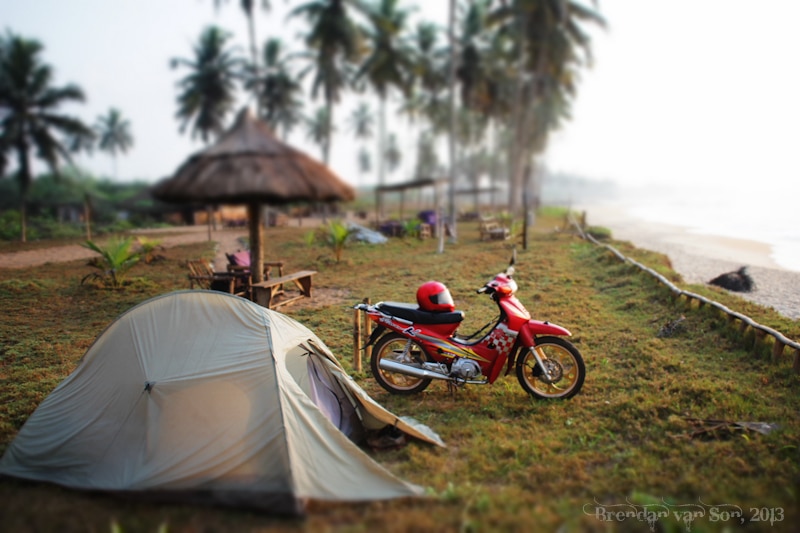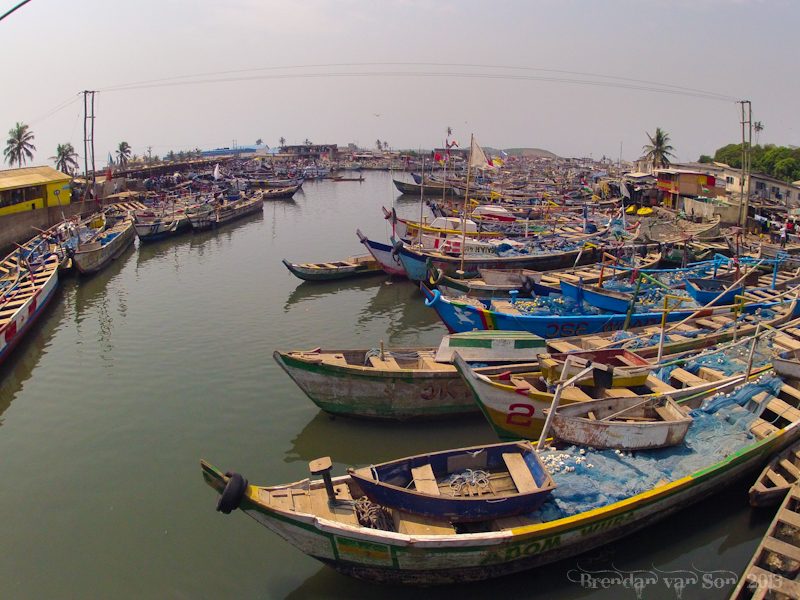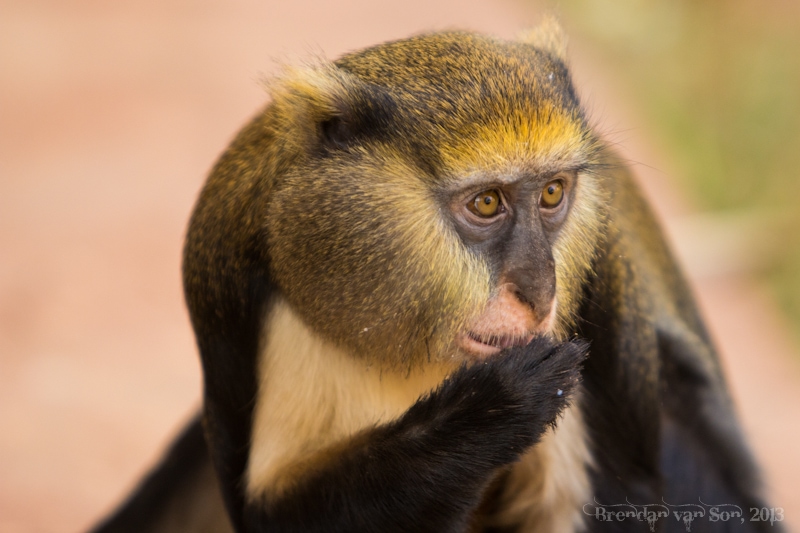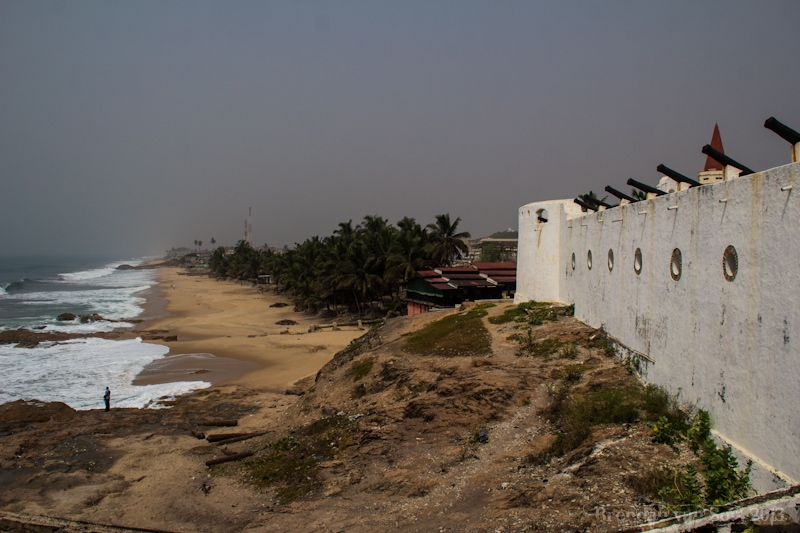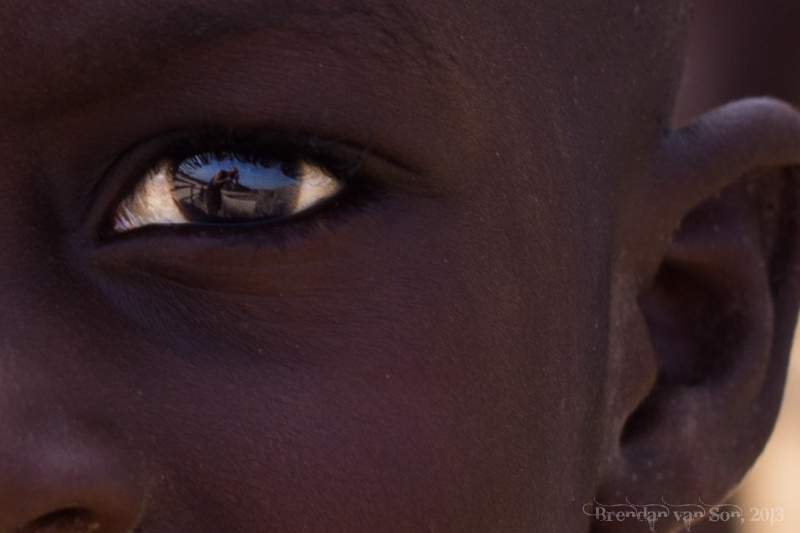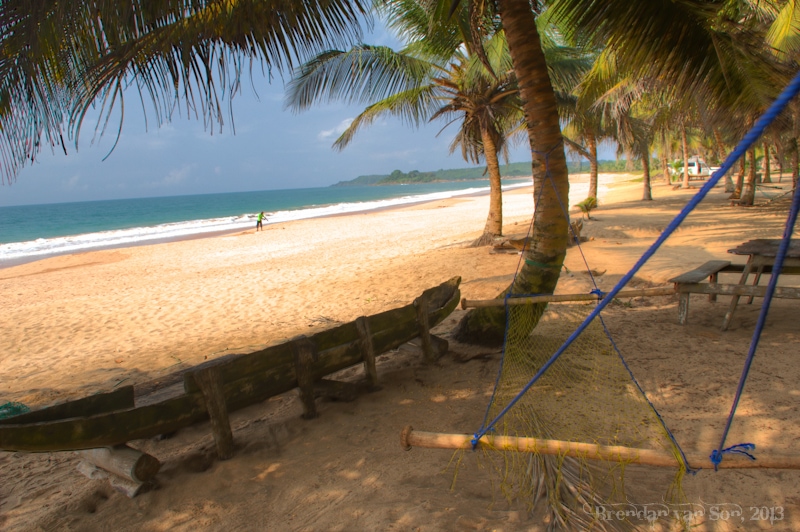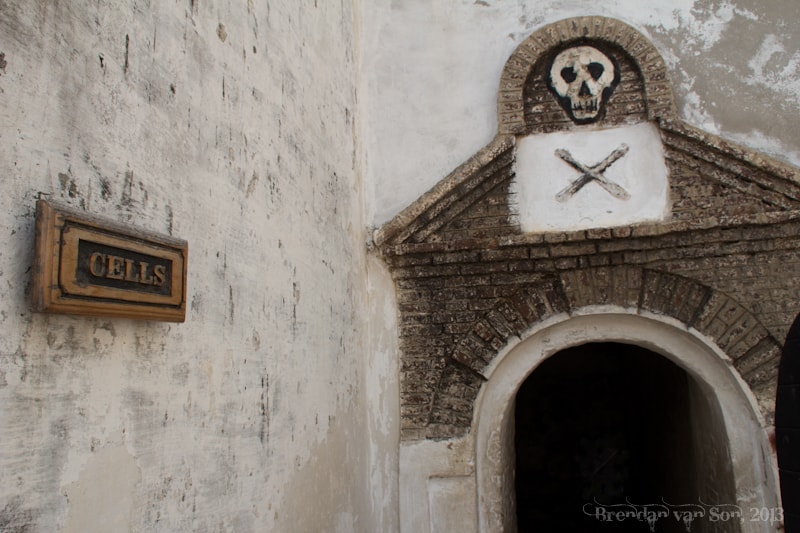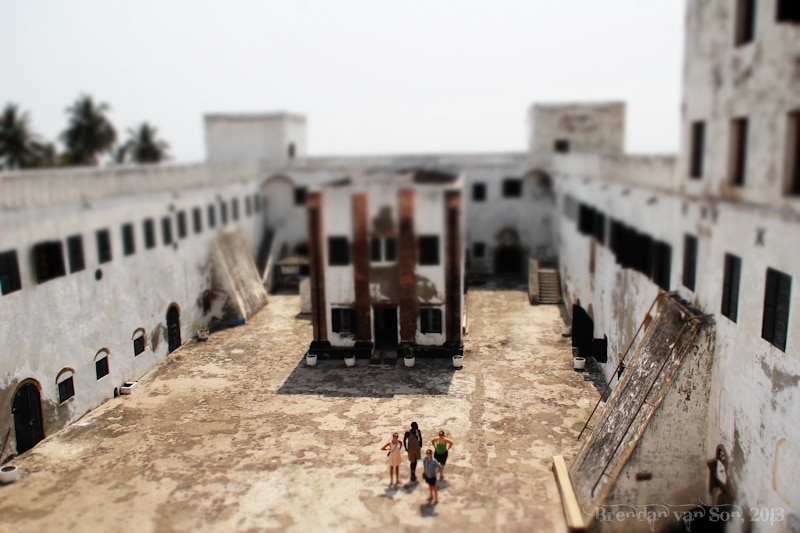Of all the places I stayed in West Africa, I explored Ghana the most extensively. Of course, that doesn’t necessarily mean I took lots of pictures. For the first couple days in Ghana I really only took a couple photos. I also managed to under-photograph places like Accra and Kumasi. I have to say, I was a little bit stressed out while I was here. I was beginning to feel rushed, and probably didn’t spend nearly as much time as I should have out with my camera lens. Still, I managed to get a handful of really interesting photos of Ghana, even though I didn’t really photography all too often.
If I could go back, I’d focus my camera lens a little bit more often on the people. Too often, I was focused on taking wildlife pictures, and so you’ll obviously see that a good proportion of the pictures from Ghana are of wildlife. I did, also, get lots of picture of things like the coastline and the castles.
Anyways, these are my Ghana pictures, I hope you enjoy them.
